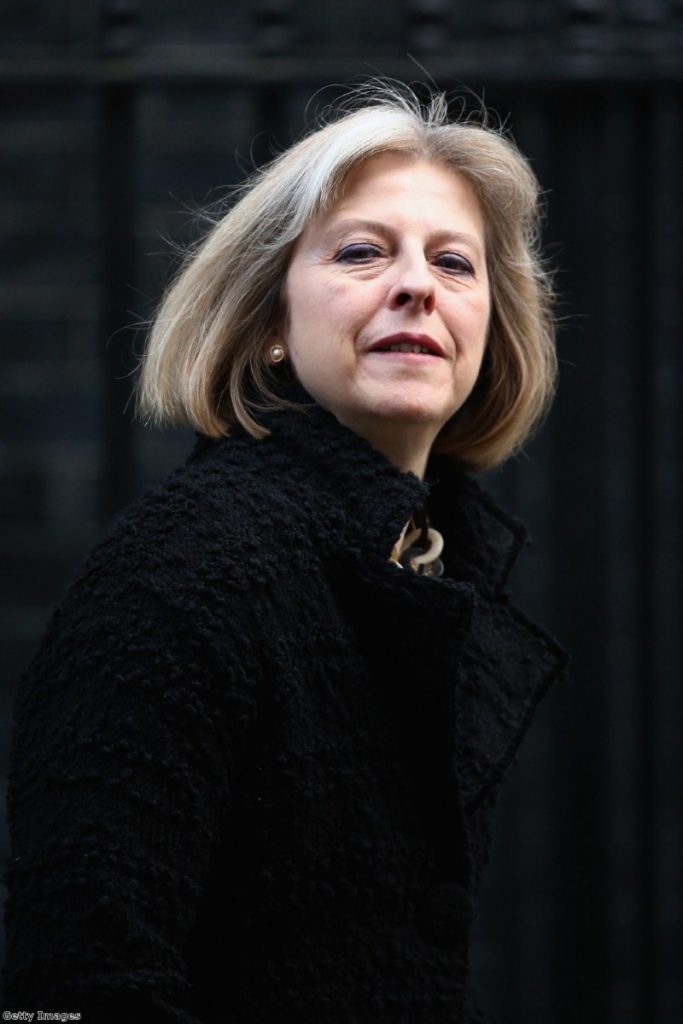Theresa May wins vote for power to strip Brits of citizenship
The Commons looked set for a game of ping pong with the Lords today, after MPs voted to give Theresa May tthe power to strip Brits of their citizenship.
The home secretary won the vote by 305 to 239, despite opposition from Labour and some Liberal Democrat and Tory MPs.
The power, which was compared by human rights groups to the policies of Saddam Hussein, was rejected by the peers last month when they voted to send the clause to a parliamentary committee.
"Removing the right to have rights is a new low," Shami Chakrabarti, director of Liberty, said.


"Washing our hands of potential terrorists is dangerously short-sighted and statelessness is a tool of despots not democrats."
While the plans did pass, they were watered down following negotiations between Lib Dem Home Office minister Norman Baker and the home secretary.
Theresa May already had the power to revoke British citizenship if someone's presence is not "conducive to the public good" or if they have obtained British nationality by fraudulent means, but she was not able to remove citizenship on conducive grounds if it left someone stateless.
Clause 60 of the immigration bill undoes that restriction, allowing the home secretary to strip people of their passport even if it leaves them stateless.
The watered down proposal only allows the home secretary to strip someone of their passport if she has "reasonable grounds" to believe they would find citizenship elsewhere.
It also introduced examination of the process by an independent reviewer – a key demand of peers when they voted down the measure.
Last month, the UN expressed "very significant concern" about the policy.
"Statelessness in international law places an individual at a very substantial disadvantage,’ Ben Emmerson, UN special rapporteur on counter-terrorism told the joint committee on human rights.
"Clearly it's a subject of very significant concern and is something that would render the individual especially vulnerable."
Former director of public prosecutions Lord Macdonald of River Glavenn called it "a policy beloved of the world's worst regimes during the 20th century".
Leading barrister Helena Kennedy said the plans were "a source of shame" to the UK.
Campaigners fear the ability to strip Brits of their passport has already been used to rid the UK of legal responsibility for citizens before allowing the US to target them in drone strikes.
Bilal al Berjawi and Mohamed Sakr, two British citizens, had their nationality revoked last year just before they were killed in drone strikes in Somalia.
Another man, Mahdi Hashi, was sent to the US where he is stil in solitary confinement.
A handful of Tory MPs have expressed discomfort with the move.
"We would be creating a second class of citizenship," Jacob Rees-Mogg told the Spectator yesterday.
"People who were born here can't have their citizenship taken away. There is in my view a fundamental equality in British citizenship. You are either a British citizen or you are not."
Powers to strip people of their citizenship prompt emotive reactions from human rights campaigners because of their overtones of Hitler's Germany. The 1935 Nuremberg laws divided the country into those with and without political rights through citizenship, leaving millions stateless.
Similar moves were undertaken by Saddam Hussein, who stripped Faili Kurds of Iraqi nationality in 1980.









